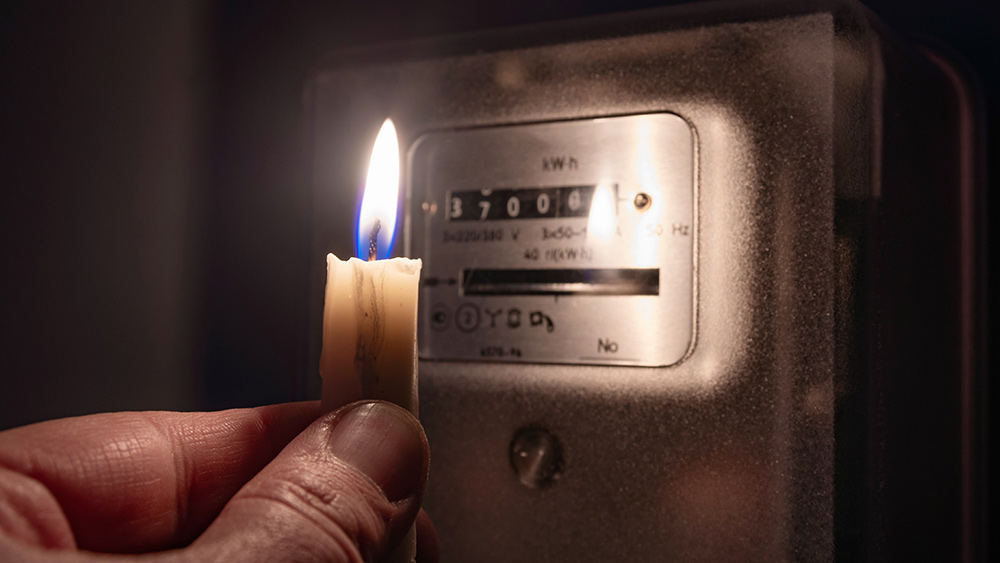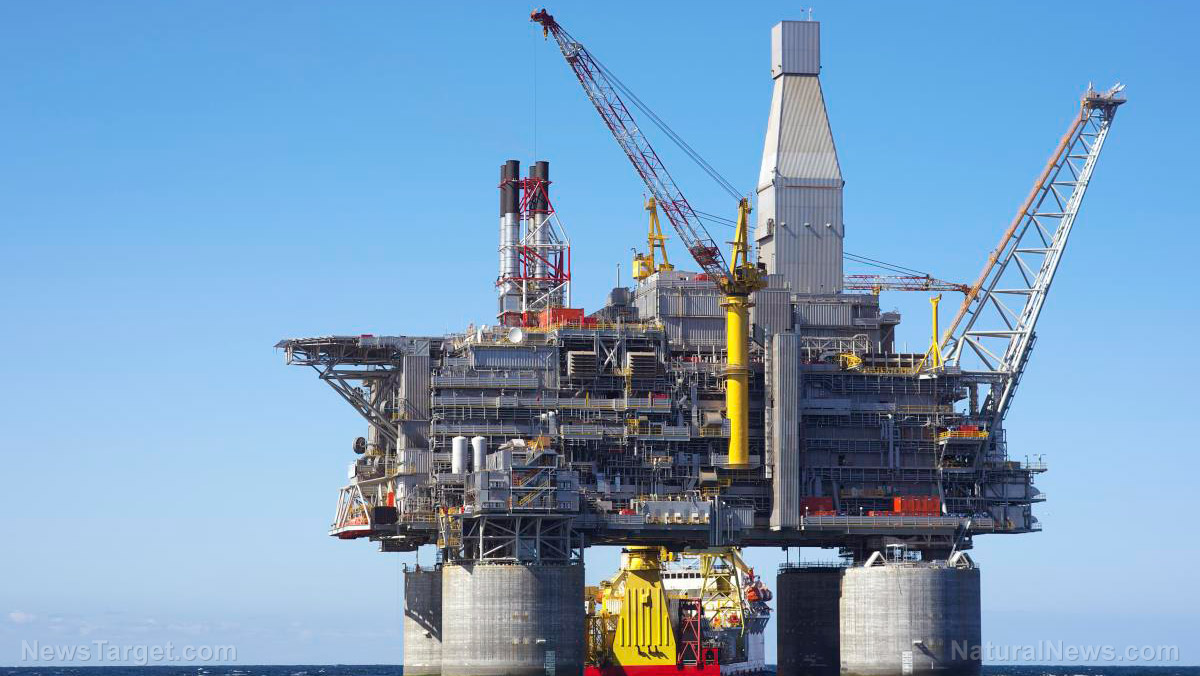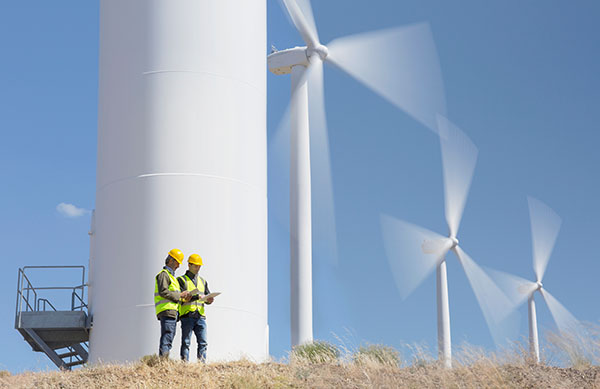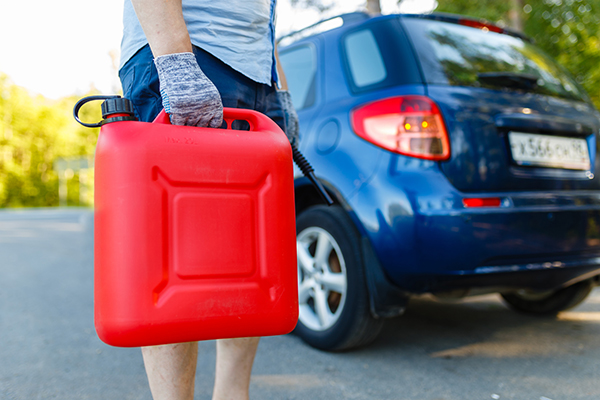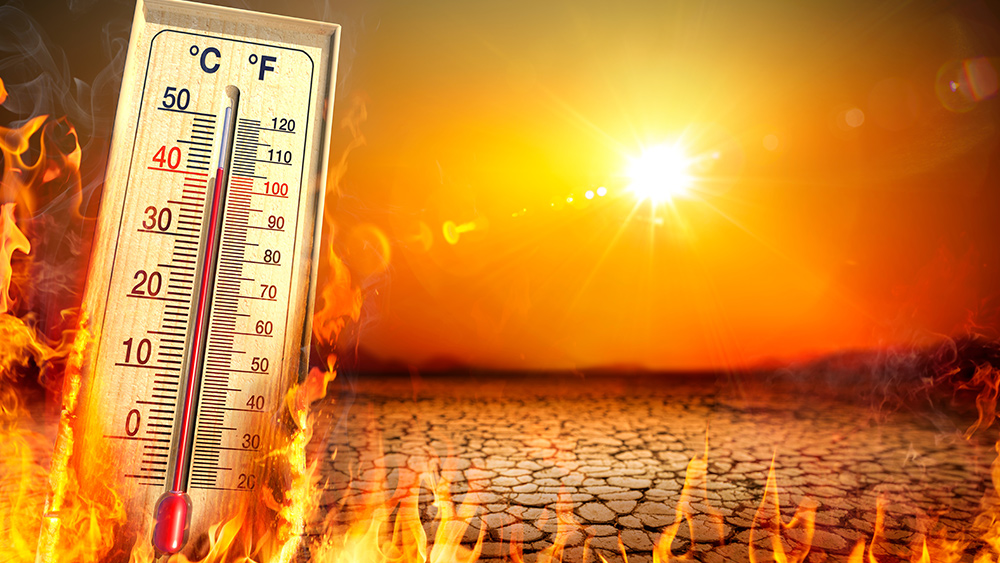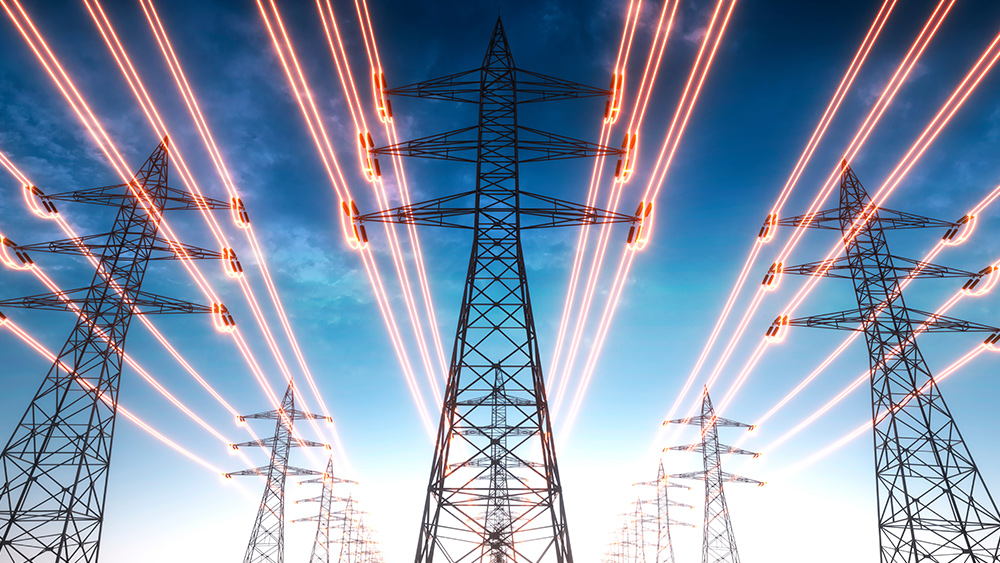Lufthansa announces SURCHARGE to cover cost of EU regulation mandating use of “clean fuel”
07/01/2024 / By Kevin Hughes
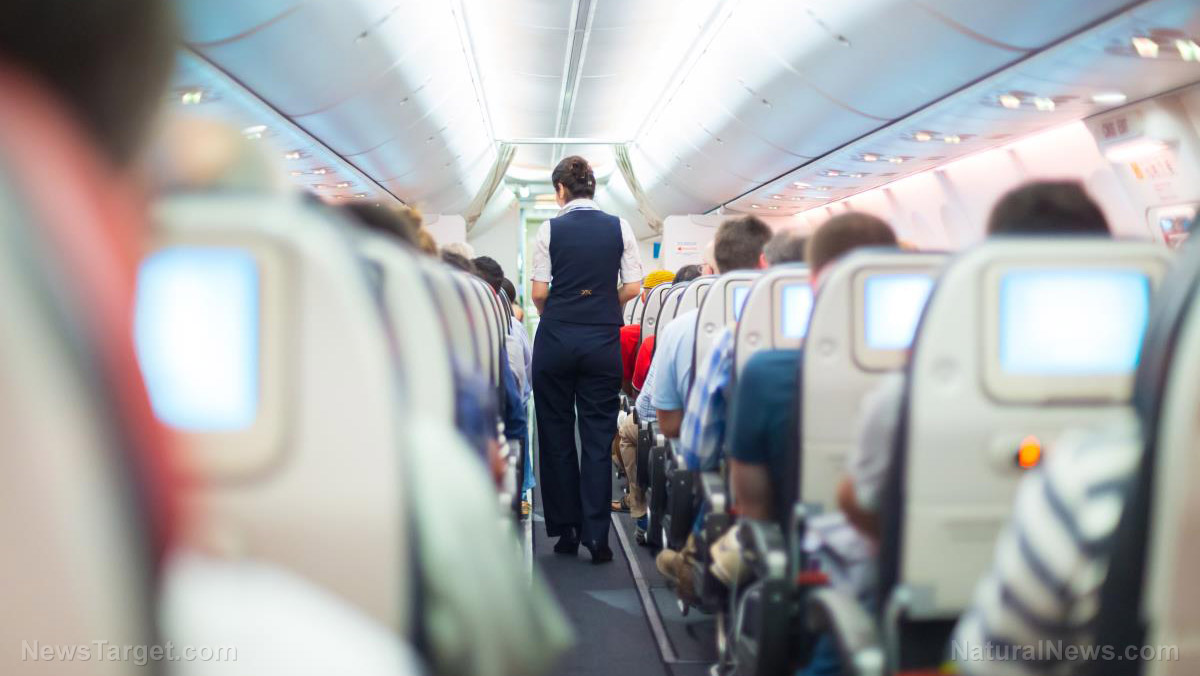
Europe’s largest airline and Germany’s flag carrier Lufthansa is launching an “environmental cost surcharge,” leading to price increases of up to 72 euros ($77) per flight to cover the costs of using extra amounts of so-called sustainable aviation fuel (SAF).
The surcharge will increase prices for consumers by between one euro ($1.07) to 72 euros and will apply to all tickets released from June 26, 2024. The program’s departure is scheduled for Jan. 1, 2025.
“The surcharge is intended to cover part of the steadily rising additional costs due to regulatory environmental requirements,” Lufthansa announced in a statement. “These include the statutory blending quota of initially two percent for Sustainable Aviation Fuel for departures from European Union countries from January 1, 2025, adjustments to the EU Emissions Trading System as well as other regulatory environmental costs such as the Carbon Offsetting and Reduction Scheme for International Aviation.”
In spite of investing a lot in the latest technology and fuels, Lufthansa “will not be able to bear the successively increasing additional costs resulting from regulatory requirements in the coming years on its own,” it stated. “Part of these expected costs for the year 2025 are now to be covered by the new Environmental Cost Surcharge.” (Related: France bans short-haul domestic flights to cut down carbon emissions – part of over-hyped battle against imaginary foe called climate change.)
Aviation industry is one of the toughest sectors to decarbonize
Lufthansa’s announcement is part of an industry-wide push to reduce emissions despite the fact that aviation is considered to be one of the toughest sectors to “decarbonize,” as fuel for flights can’t be easily replaced with other types of power.
In the EU, regulators have provided rules demanding fuel suppliers to make sure two percent of fuel at EU airports is SAF by 2025, six percent by 2030 and 70 percent by 2050. Critics warn that these measures will prohibitively increase costs for consumers.
According to Dudley Shanley, an analyst at Goodbody, “it is logical to assume that other airlines will follow Lufthansa’s lead as it looks to pass on the increasing cost of environmental regulations in the EU.”
Willie Walsh, director general at the International Air Transport Association, declared last year that the airline industry would be ready to accept the fact that SAF would always be more costly than oil-based jet fuel.
Lufthansa CEO Carsten Spohr warned last year the EU targets would be difficult to accomplish and indicated that higher costs would be passed on to customers.
The price increase will cover part of these expenses for 2025 and will cover all airlines in the Lufthansa Group except for Eurowings tickets sold directly by the company, a spokesperson stated.
On short and medium-haul flights, the fares will increase by up to five euros ($5.36) in economy and seven euros ($7.5) for business class. On long-haul flights, costs will rise between 18 euros ($19.3) and 36 euros ($38.59) for business fares and up to 72 euros for first-class fares beginning in 2025.
A spokesperson said the move was not related to Lufthansa’s huge labor costs following debilitating strikes earlier this year that led to the airline releasing a profit warning in front of its first-quarter financial reports. The spokesperson added that the extra costs were not expected to increase further for the time being.
Follow GreenTyranny.news for more stories like this.
Watch the video below about a Lufthansa aircraft laying out some climate change over Wyoming.
This video is from the Alex Hammer channel on Brighteon.com.
More related stories:
CNN writer suggests forcing “carbon passport” on travelers to meet carbon footprint target by 2050.
Anonymous airline pilot exposes chemtrail operation in the U.K.
Sources include:
Submit a correction >>
Tagged Under:
air travel, aircraft, aviation, carbon dioxide, climate, climate change, decarbonization, ecology, economic riot, energy supply, environment, Europe, European Union, finance riot, fuel supply, green living, Green New Deal, green tyranny, insanity, Lufthansa, money supply, sustainable aviation fuel, transportation
This article may contain statements that reflect the opinion of the author
RECENT NEWS & ARTICLES
COPYRIGHT © 2022 EnergySupply.news
All content posted on this site is protected under Free Speech. EnergySupply.news is not responsible for content written by contributing authors. The information on this site is provided for educational and entertainment purposes only. It is not intended as a substitute for professional advice of any kind. EnergySupply.news assumes no responsibility for the use or misuse of this material. All trademarks, registered trademarks and service marks mentioned on this site are the property of their respective owners.




